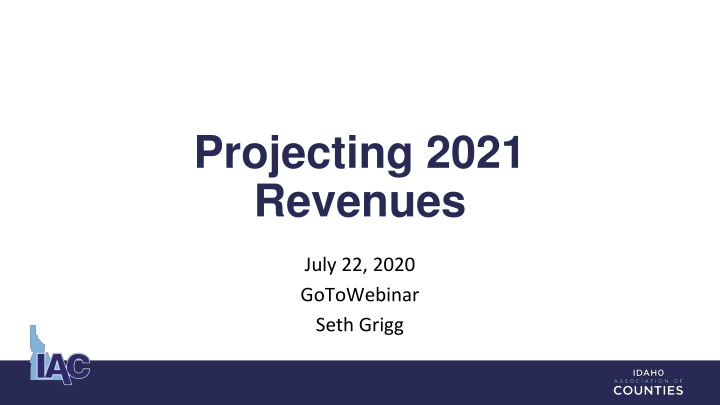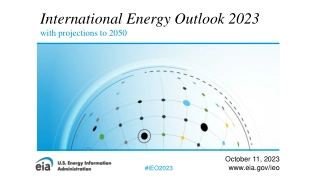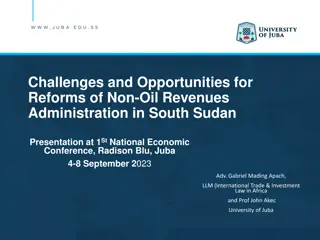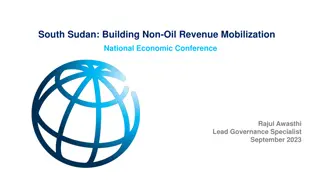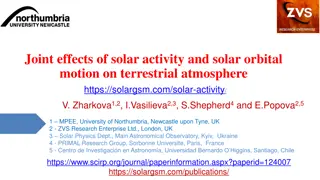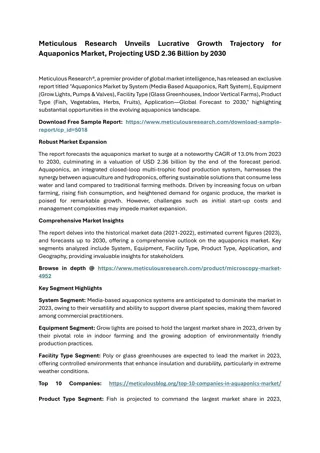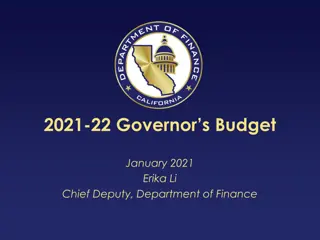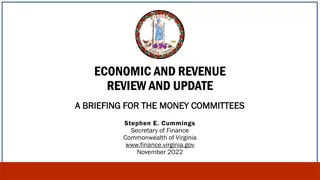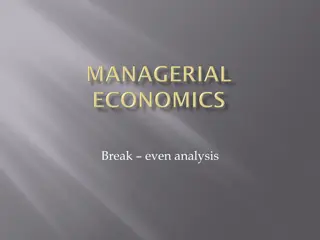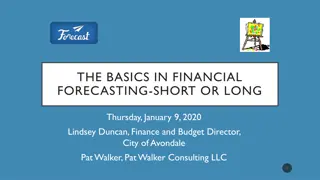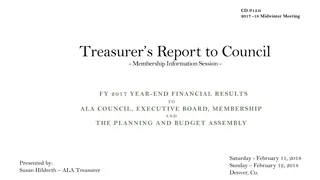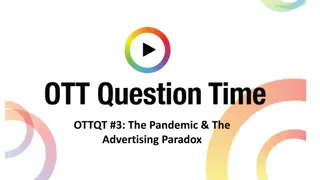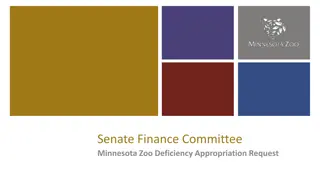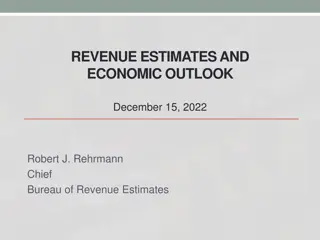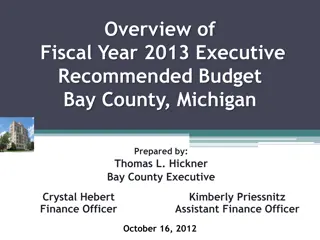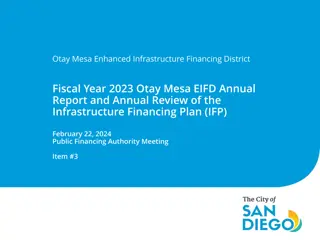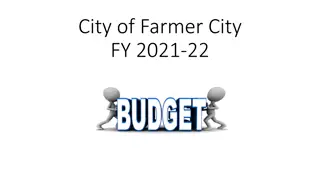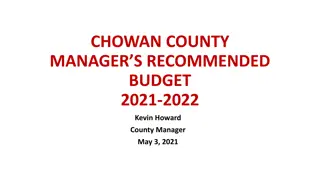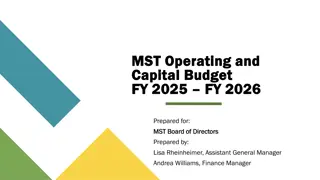Projecting 2021 Revenues Overview
Visual presentation from a webinar covering various aspects like CARES Act allocations, allowed uses of funds, public safety allocation, and more. Includes graphics explaining important details for managing revenues effectively in 2021.
Uploaded on Feb 24, 2025 | 2 Views
Download Presentation

Please find below an Image/Link to download the presentation.
The content on the website is provided AS IS for your information and personal use only. It may not be sold, licensed, or shared on other websites without obtaining consent from the author.If you encounter any issues during the download, it is possible that the publisher has removed the file from their server.
You are allowed to download the files provided on this website for personal or commercial use, subject to the condition that they are used lawfully. All files are the property of their respective owners.
The content on the website is provided AS IS for your information and personal use only. It may not be sold, licensed, or shared on other websites without obtaining consent from the author.
E N D
Presentation Transcript
Projecting 2021 Revenues July 22, 2020 GoToWebinar Seth Grigg
Todays Agenda CARES Act Property Taxes -- Reserving Forgone Property Taxes State Shared Revenues Federal Revenues Q&A Session
Allowed Uses Medical expenses Public health expenses Payroll expenses for public safety, public health, health care, human services, and other employees whose services are substantially dedicated to mitigating or responding to COVID-19 Compliance with COVID-19 public health measures Economic support Other COVID-19 expenses reasonably necessary
Public Safety Allocation Participating cities and counties will receive CARES Act funding to cover payroll expenses for public safety and public health employees Participating cities and county must commit to not taking 3% base property tax budget increase Participating cities and counties are required to reduce property tax levy by reimbursement amount Participating cities and counties will receive direct payment from state CARES Act funds to offset property tax reduction Participating cities and counties will receive 42% of reimbursement request
Reserving Forgone Balances House Bill 354 requires local taxing districts to reserve any current forgone amount for future use Counties must reserve forgone amounts by resolution after providing public notice and holding a public hearing IAC will provide a sample forgone reservation resolution template
State Shared Revenues Sales Tax Revenue Sharing Highway Distribution Account
Sales Tax Revenue Sharing to Cities and Counties, SFY 2017-2021 SFY 2017 (actual) SFY 2018 (actual) SFY 2019 (actual) SFY 2020 (actual) SFY 2021 (JFAC estimate) SFY 2021 (revised estimated)* $188,167,926 $204,146,326 $217,275,971 $230,236,593 $242,869,000 $234,880,000 *DFM estimates a FY2021 year over year sales tax revenue sharing increase of 2.02% which is $8 million below what was originally forecasted.
Areas of Uncertainty Prolonged unemployment Expiration of extended unemployment benefits Hotel, restaurant, bar, and other hospitality economic conditions uncertain Online retail sales: Counties missed out on $4.5 million in revenue sharing during SFY 2020
Highway Distribution Account Payments to Counties and Highway Districts, 2015-2020
Impact of COVID-19 SFY 2020 experienced the first year over year decline in highway user revenue since the Great Recession Payments to counties and highway districts declined by 1.3% Much of the decline was realized in the final quarter off SFY2020 Remote work and social distancing will likely impact highway user revenue into SFY 2021 ITD will update revenue outlook for SFY 2021 in August Biggest challenge in budgeting for CFY 2021 is estimating the new normal/baseline
IHME Social Distancing/Mobility Estimates for Idaho
Google Mobility Data: Statewide Workplaces
Mobility Data: Ada and Kootenai Counties
Estimating the New Baseline 2015 $57,928,752 2016 $61,558,238 2017 $62,012,765 2018 $64,088,050 2019 $66,684,763 2020 $66,037,528
Federal Land Payments Current SRS authorization expires this year 2020 SRS payment will be distributed in Spring of 2021 Spring 2021 SRS payment should be similar to your most recent SRS payment PILT is not fully funded for FY2021 Congress must authorize a full PILT payment prior to June 2021 PILT has been fully funded since 2008
Other Considerations District court fees Jury trial backlog Public defense Future impacts/disruptions due to COVID-19 CARES Act funding authorization expires December 30, 2020 Acquisition of PPE and sanitation supplies/services after January 1, 2021 Building/development fees and permits Liquor fund revenues (too localized to forecast but have held steady during recent recession)
